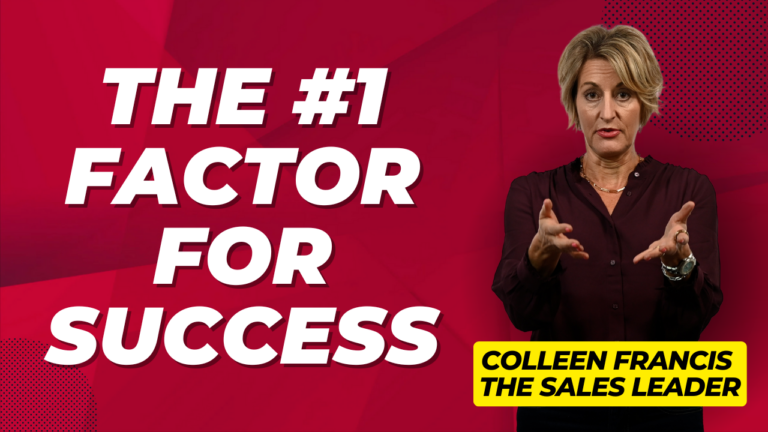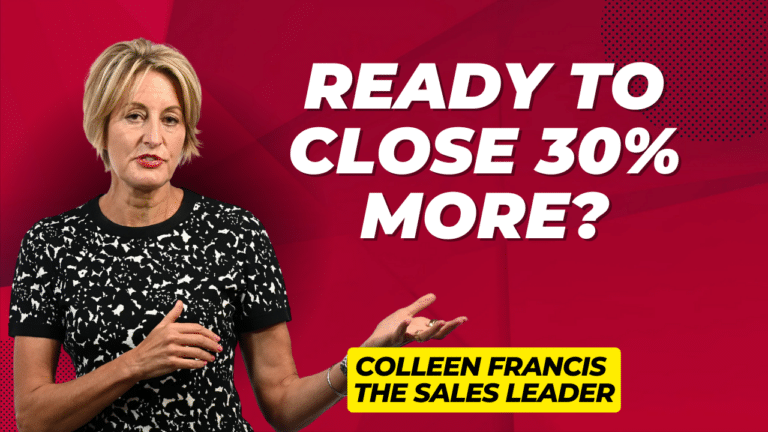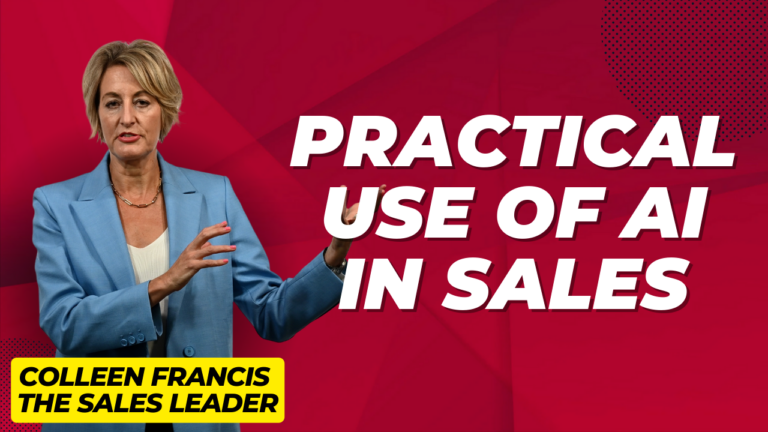There are big changes taking place in the marketplace today in how to successfully manage large enterprise accounts. To think like a business person who sells—rather than a salesperson who just does business—you must pay careful attention to managing every one of your accounts strategically.
Ask yourself: what is the primary purpose to what I do? Your primary objective needs to be about far more than “to sell more stuff,” or even to constantly fine-tune your sales process. If large accounts form part of your target audience, the right answer is found much deeper. Your job is to create and nurture a thought leadership position with your executive-level customers.
This requires that you develop an understanding about the unique needs of a very select group of clients, getting you much more comfortable selling at those senior levels.
Like all things that reap the greatest dividends in the long-run, this kind of work takes time and forethought to do properly. And yet this is a must-do activity. This is an investment that will prepare you for the executive-level conversations that you are going to need to have on a regular basis.
Get it right and the opportunities are lucrative. However, let me be blunt: this is where I see many people fail. They perform all the steps expected of a salesperson in terms of product knowledge, but don’t engage their executive audiences as peers and lack the insight that can only come from careful reflection.
This is a mistake that comes with a terrible price. If you’re unsuccessful in making a peer to peer connection, you risk getting pushed down to lower levels in an organization because you’ll be perceived as someone not equal to the buyer, as a seller, who does not share the same values as those within that influential circle of decision-makers. This will permanently damage your ability to build a relationship with a prospect at this strategic level.
Don’t let this happen! Take the time you need to develop a client engagement process that is tailored to the needs and expectations of your select audience.
Understand what matters to them
What problems preoccupy your targeted prospect on a regular basis? Know this and you gain an understanding about what matters to them. Be knowledgeable about those problems and their potential solutions and you have found a way to relate in a more meaningful way than to be merely talking about your product or service in terms of features and promises.
Consider your emotional intelligence
Noted psychologist Daniel Goleman tells us that effective leaders in a wide range of fields all share a common trait, which he calls emotional intelligence. He argues that this consists of five skills: self-awareness, self-regulation, motivation, empathy and the ability to build good rapport with others. Think strategically and communicate using these well-honed skills and you will be more effective at demonstrating how your product or service is a lasting solution to the problems they have. Just as important, it will entrench you as someone who “gets it” in terms of how you are perceived by your clients as having an understanding of what they are trying to do in their work.
Emphasize results
Results matter. This is particularly important if you are trying to grow a small account into a larger one. Your prospects want to know more than just what your product or service promises to do they want to know how you will improve their business or their personal lives. Commit showing results. After implementation, and they’ve become your customers, demonstrate on an on-going basis the results they have achieved as a direct result of doing business with you. Feed those results back to the client as a reminder of the value you are bringing. This will ensure you are considered for future projects and elevate your relationship to that of value added partner
Focusing on results means that you have to always be thinking about what you are doing to help your client solve the problems they have in business—a far more productive activity than spending your time just thinking about how long will it be before you’re able to sell more stuff to them again.



